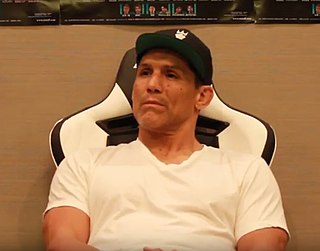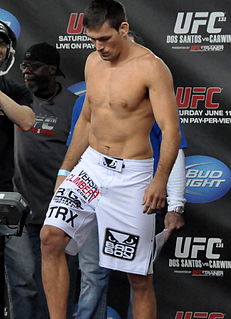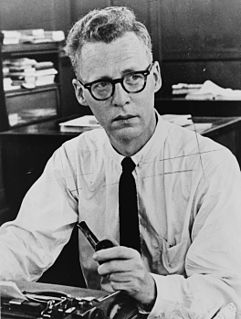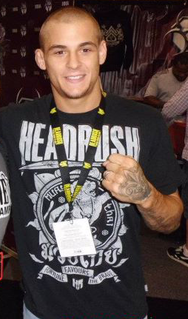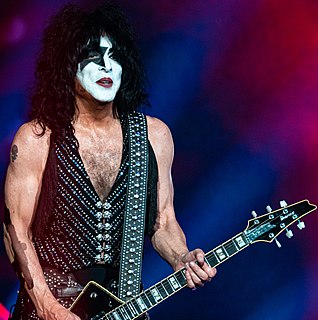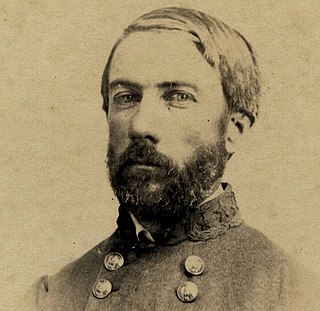A Quote by Tyne Daly
A critic never fights the battle; they just go around shooting the wounded.
Related Quotes
The way I try to explain it the best is that if Critic A from publication A hates our show, and Critic B from publication B loves our show, what are we supposed to do with that? We have to just respect everyone's opinions and go on making the show we want to make. I've never worked on a show that was altered by critical reception. You just can't afford to do that. So in that regard, it's actually no different that working in theater. It's just a lot more voices.
There's lots of room to be your own worse critic. It's just you, so I think that's inherit, that voice that's always that's there monitoring everything you do. It's definitely worse; the critic is harder when it's just you. If you're doing a show, then the critic can blame the other actors your with.
Music critics are, for the most part, bitter people who are intent at dragging people down for being successful at what they want to do, which is probably music. The oddity of being a critic is: You don't get a diploma, you just decide you're a critic. If someone listens to your opinion rather than their own, it's their mistake. Any critic's top 10, any year, it's something controversial or something that will make them look hipper-than-thou. The whole critic game, we've never played.
When you fight, you don't fight for abstract values like the flag, or the nation, or democracy. You fight for your buddy. You fight to keep him alive, and he fights to keep you alive, and you go on that way, day after day, battle after battle. And when one of your buddies dies, something inside you dies as well. But you go on. You fight, so that his death isn't meaningless, his sacrifice isn't for nothing.

